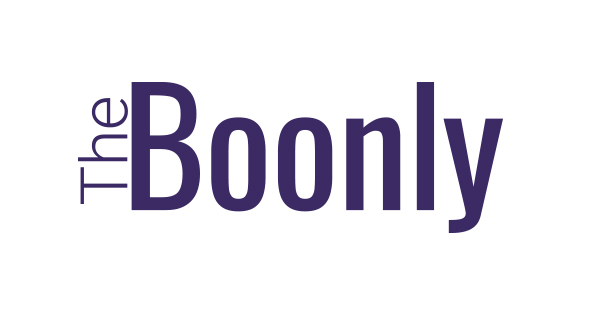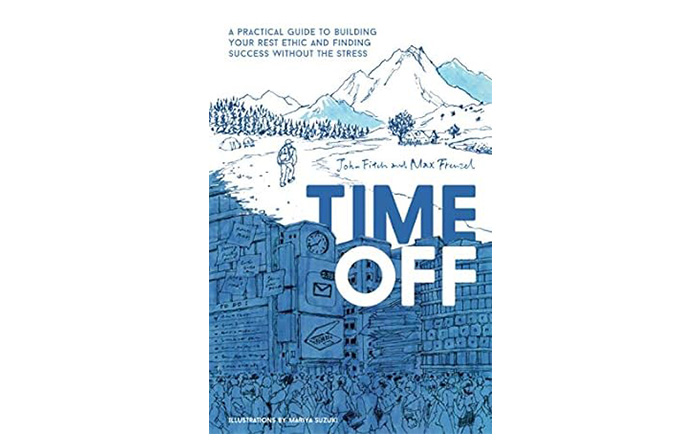Once upon a time, when we started to measure our work by the hours we put into it, we began to see time as a currency. We began to view time as something we spent, rather than something that simply passed. As time evolved into a precious commodity that could be exchanged for money, our leisure time started to seem frivolous. The idea started to form that if you weren’t creating something with your time, you were just wasting it.
But today, we know that whether we see rest as a noble leisure — done for its own sake — or something that helps us recharge for more work, we need it. If we want to be our most productive, creative and content selves, we need both a good work ethic and a good rest ethic. If work ethic is an inhale, then rest ethnic is an exhale. No one can keep inhaling forever.
This brings us to a question. What is rest?
Rest isn’t only vacation and relaxation. It’s any practice that keeps us from feeling overwhelmed and overworked. Counterintuitively, sometimes the best rest for doing one thing is doing another thing. Our minds don’t usually need less activity, what they need is to change things up.
Also, leisure time is highly personal. Some people need active rest, engaging in activities that are enjoyable and stimulating, but not necessarily productive, such as hobbies or sports. Others need passive rest, focusing on activities that require minimal mental effort, like reading or watching a movie. And some need deep rest, choosing activities that promote relaxation and recovery, such as meditation or sleeping.
Here are 4 factors of rest that we found in the book Time Off
1. Relaxation
It’s essential to let our mind and body decompress. However, mere relaxation doesn’t suffice for a truly rejuvenating rest.
2. Control
Feeling like we’re in charge of how we spend our time and focus is precious for recovery. There’s a lot in our day-to-day lives we can’t control, but when it comes to rest time, we have more control.
3. Mastery
Activities don’t need to be easy to enjoy them. On the contrary, they sometimes need to be challenging and mentally engaging to get us into a flow state. It can be reading, it can be learning, it can be practicing.
4. Detachment
Perhaps the key ingredient for a truly refreshing break is the capacity to set aside whatever task we’re taking a breather from, and fully immerse ourselves in something different. It’s all about engaging in a new challenge and being fully present in that moment.

